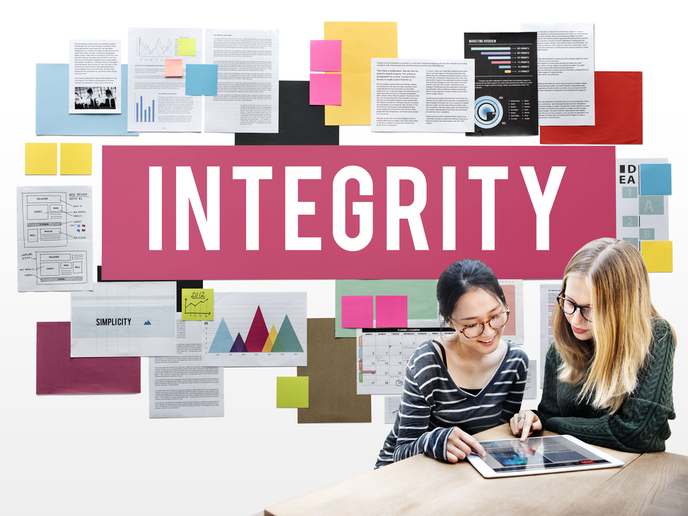Establishing a culture of research integrity with innovative educational methods
Misinformation, disinformation and the crumbling of trust in science had been affecting societies well before the COVID-19 pandemic. Addressing this issue, UNESCO had warned about “the contamination of the information environment and the spill-over effect of tarnishing of news more broadly,” in a journalism education and training handbook. In fact, efforts to rebuild strong public confidence in science and provide guidance on how to detect fake news have intensified lately. Thanks to the EU-funded Path2Integrity project, a team of researchers has developed the tool that encourages users to become advocates for research integrity and to share the resources and their experiences through their social networks, as explained in the Trust in Science manual. Launched during the EUvsVirus Hackathon, the Trust in Science tool builds upon the research and efforts of the Path2Integrity project. The tool was one of the 117 winners of the EUvsVirus Hackathon. As explained on the EUvsVirus Hackathon website, “2,164 multi-disciplinary, multi-nationality teams with innovative solutions” were created throughout the month of April for the hackathon to help in the fight against the coronavirus outbreak. Participants were asked to propose solutions for 37 challenges in the domains of health, business continuity, social and political cohesion, remote working and education, and digital finance. The Trust in Science tool was a challenge winner in the Social and Political Cohesion category. A news item by the European Commission’s Research Executive Agency states: “The tool is inspired by the social distancing measures and is based on the Learning Cards developed by the Path2Integrity project, to teach youngsters the importance of integrity and ethics in research.”
EUvsVirus Hackathon
In collaboration with private and public partners from Europe and beyond, the EUvsVirus Hackathon jury identified the best solutions and awarded the best teams and solutions per domain, as well as a winner and two runners-up for each of the 37 challenges. Following the EUvsVirus Hackathon, all the winners were invited to a Matchathon that took place in May on the new European Innovation Council COVID-19 Challenge Platform. The online event was set up to facilitate matchmaking with end users like hospitals, and to provide access to investors, corporates, foundations and other funding opportunities from across the EU. The ongoing Path2Integrity (Rotatory role-playing and role-models to enhance the research integrity culture) project aims to enhance research integrity by using dialogical learning methods. As noted on the project website, research integrity “leads to more efficient, appropriate, useful and reliable scientific evidence for policy-makers and entrepreneurs, where decisions based on research results lead to a better future.” The advanced learning methods of Path2Integrity target everyone either directly or indirectly involved in research, including secondary school students, undergraduates, graduates, young researchers, educators and senior researchers. Research integrity is crucial because it creates trust both among researchers and within society. It also impacts people’s lives. For more information, please see: Path2Integrity project website
Keywords
Path2Integrity, Trust in Science, research integrity, COVID-19, coronavirus, EUvsVirus Hackathon



